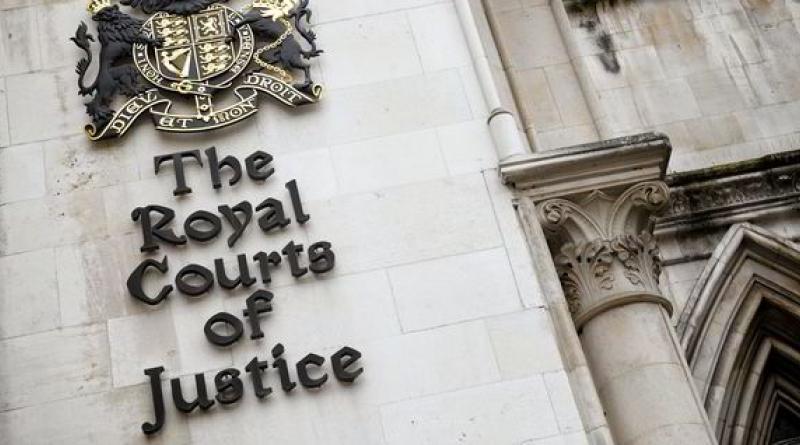UK government faces legal threat over 'smash and grab' green power windfall raid

Developer says it will start court action in New Year unless levy on renewable production is 'substantially redesigned'
A UK renewable energy developer is threatening to sue the British government over a windfall levy on green power generation due to kick in from 1 January.
Community Windpower, which has a UK portfolio of about 1GW, said it has instructed London law firm Mishcon de Reya to take action to ensure that the Electricity Generator Levy (EGL) “is urgently amended to be fair and to better achieve the government’s own objectives”.
The developer said its lawyers will start proceedings unless the EGL, which it described as a “smash and grab” on green power producers, is “substantially redesigned”.
The levy caused uproar when announced by the UK government in November, setting a 45% levy on “extraordinary returns” on electricity sold above £75/MWh ($88.30/MWh), around a quarter of recent wholesale prices.
Community Windpower said it “has serious concerns about how this figure has been arrived at; it is below the cost of production, and does not take into account record inflation and a commensurate three-fold increase in financing costs”.
The windfall raid, which the UK expects to raise £4bn, is designed to stop renewable and nuclear generators benefitting from inflated power prices set by the gas market but without the need to actually pay for the fuel.
But industry body RenewableUK said the levy – due to run until March 2028 – risks deterring investment in the UK green power sector just when it is badly needed.
The group is particularly irked that the oil & gas sector – which faces a lower rate of 35% – can offset the impact by making investments in new fossil activities, an option not available to power generators, and that gas and coal-fired electricity is exempt.
Community Windpower repeated that criticism as it launched its legal threat. “Taxing green renewable generators while letting oil and gas generators have a free ride is completely at odds with the Government’s own legally-binding environmental ambitions.”




